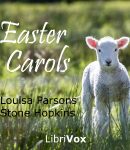
Easter Carols
This is a collection of Easter poems by Louisa Parsons Stone Hopkins. The poems all center around the Easter holiday, in both a religious as well as a more generally festive tone. – Summary by Carolin [chương_files]
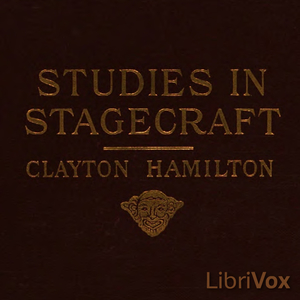
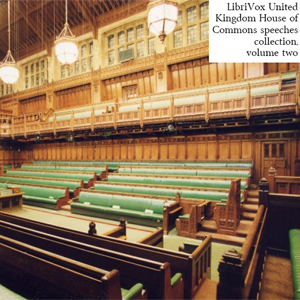
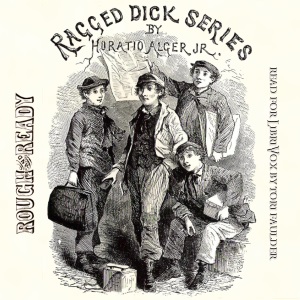
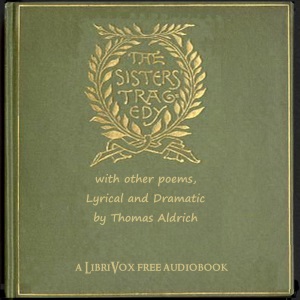
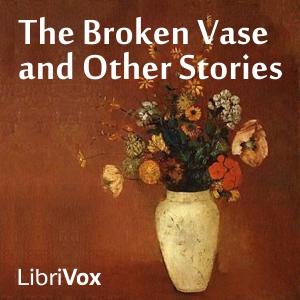
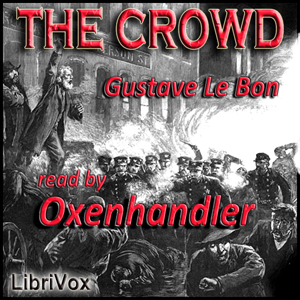
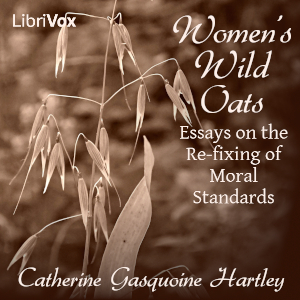
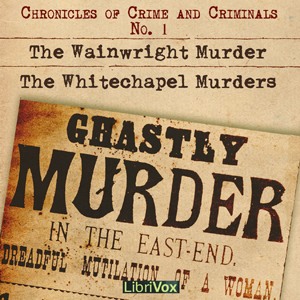
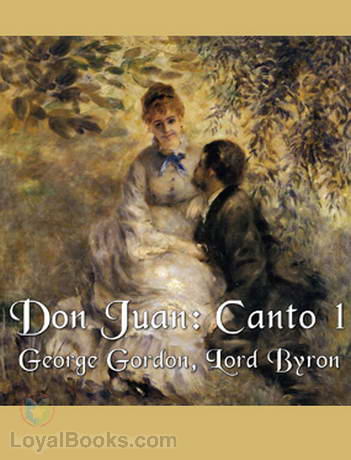
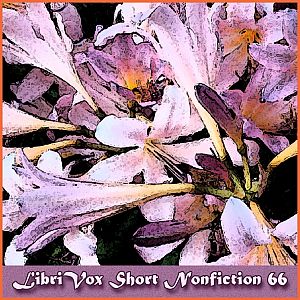
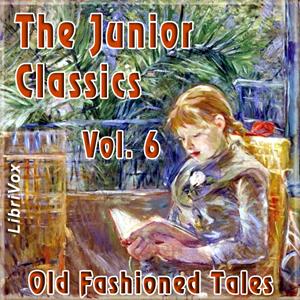
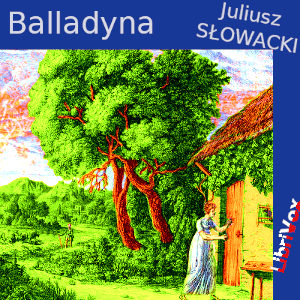

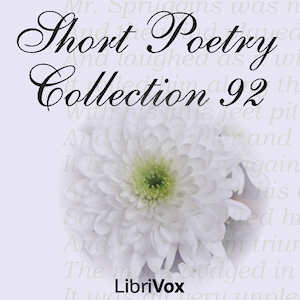
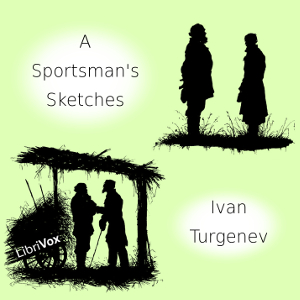
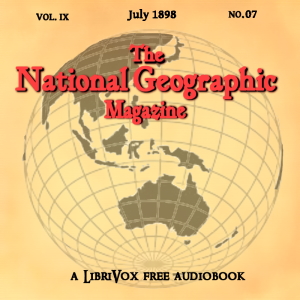
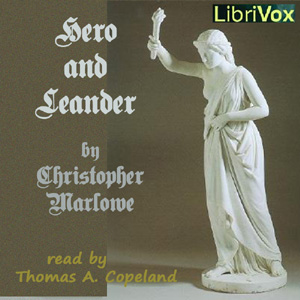
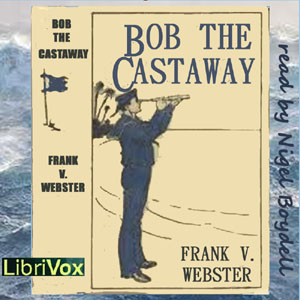
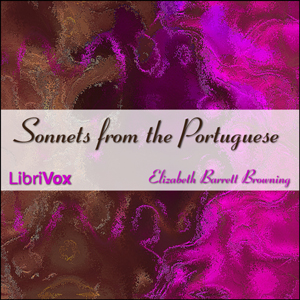
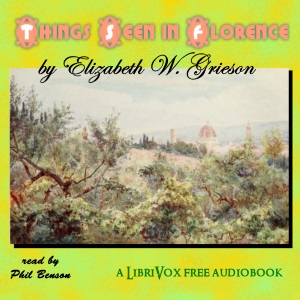

This is a collection of Easter poems by Louisa Parsons Stone Hopkins. The poems all center around the Easter holiday, in both a religious as well as a more generally festive tone. – Summary by Carolin [chương_files]
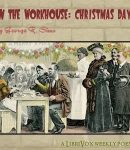
George R. Sims was a journalist of the Victorian era who was mostly concerned with social reforms. He was very interested in the life of the poor. This is a dramatic monologue by an inmate at a workhouse, exposing the hypocrisy of the law. A vivid ballad which you would not be able to resist. – Summary by Stav Nisser. [chương_files]

This is a collection of poems by Australian poet Henry Kendall. It is the second volume of his collected poems, and contains some of his most widely-known verses, such as “Bell-Birds”, “The Hut by the Black Swamp”, and “The Last of His Tribe”. This collection is also the work on which Kendall’s particular reputation for nature poetry was first based. – Summary by Carolin [chương_files]
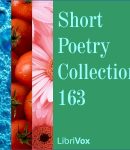
This is a collection of 31 poems read by LibriVox volunteers for December 2016. It also includes a long poem, The Legend of Jubal by George Eliot “And his brother’s name was Jubal: he was the father of all such as handle the harp and organ.” – Genesis 4:21 Re-imagined from a few bare lines in Genesis, George Eliot’s epic poem describes man’s loss of innocense, the birth of animal husbandry, of industry, commerce, and art. In a surprise ending, she tells of human transcendence. Each of us has a divine gift to offer the world. (Summary by Josh Mitteldorf) [chương_files]
This is a collection of short pieces, poetry or prose, fiction and non-fiction, in several different languages. All chosen and recorded by Librivox volunteers. Brief description of the contributions: 01 Japanese – Shisyuu by Akutagawa Ryunosuke (1892-1927) [1925] – Key words: prose, fiction, poetries 02 Japanese – Utsukushii Inu by Hayashi Fumiko (1904-1951) [1947] – Key words: prose, fiction, dog 03 Japanese – Konoteni kagiruyo by Hagiwara Sakutaro (1886-1942) [1937] – Key words: prose, fiction, dream 04 Japanese – Ookina Komorigasa by Takehisa Yumeji (1884-1934) [1926] – Key words: prose, fiction, children, umbrella 05 Polish – O kaznodziei by Jan Kochanowski (1530-1584) [1883] – Key words: poetry, fraszka, ksiądz, pieniądze 06 Japanese – Niwa by Dazai Osamu (1909-1948) [1946] – Key words: prose, essay, garden 07 Japanese – Kakehino Hanashi by Kajii Motojiro (1901-1932) [1928] – Key words: prose, fiction, water 08 Japanese – Iseini taisuru kankakuwo senrenseyo by Okamoto Kanoko (1889-1939) [1935] – Key words: prose, women 09 Polish – Król chory i lisy by Jean de la Fontaine (1621-1695) translated by Adam Mickiewicz (1798-1855) [1893] – Key words: fable, bajka, lisy, lew, król 10 Japanese – Kinno Kubikazari by Ono Hiroshi (1894-1933) [1928] – Key words: prose, fiction, children, golden necklace 11 Japanese – Kusuriyubino magari by Tanaka Koutarou (1880-1941) [1934] – Key words: prose, doctor, ring finger 12 Japanese – Sorano bi by Miyamoto Yuriko (1899-1951) [1926] – Key words: prose, sky 13 German – Der Sturm auf dem Tyrrhener Meer by Vergil (70 BC – 19 […]
The first Anti-Slavery Convention of American Women met in New York City in May, 1837. Members at the Convention came from all walks of life and included such prominent women as Mary Parker, Lucretia Mott, the Grimke sisters, and Lydia Maria Child. One outcome of this important event was a statement of the organization’s role in the abolitionist movement as expressed in AN ADDRESS TO FREE COLORED AMERICANS, which begins: “The sympathy we feel for our oppressed fellow-citizens who are enslaved in these United States, has called us together, to devise by mutual conference the best means for bringing our guilty country to a sense of her transgressions; and to implore the God of the oppressed to guide and bless our labors on behalf of our “countrymen in chains.” This significant event was a precursor to the growing women’s rights movement of the time and to greater female involvement in other political reform movements. [chương_files]
A collection of wry looks at literature, education, and other social phenomena by Canadian humourist and economics professor, Stephen Leacock. [chương_files]
Fifteen short nonfiction works in the public domain, independently chosen by the readers. Topics include the Faust Legend, Stephen Crane, Sundials and the Statue of Liberty. [chương_files]
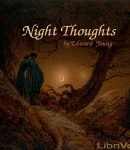
A book-length poem, often associated with the Graveyard School of poetry, musing upon life and death. – Summary by Karen Joan Kohoutek [chương_files]
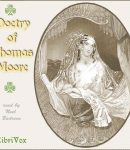
The Dubliner, Thomas Moore, born in 1779 was a poet, composer, musician, and writer. He is most famous for the 10 volume work “Irish Melodies” published between 1807 and 1834 with Sir John Stevenson, which consists of 130 of his poems set to music, much of it based on old Irish airs. “The Last Rose of Summer” and “The Minstrel Boy” are two of the most well known. Many of these “Melodies” are included in this collection. He is perhaps most infamous for having burned, at the request of the Byron family, the manuscript of Byron’s memoirs which Bryon had left to him for publication after his death. During his lifetime, his reputation as a poet placed him alongside Byron and Scott and Shelly. His narrative poem Lalla Rookh for example was possibly the most translated poem of the time and earned him £3000, what was till then the highest price paid by an English publisher for a poem. This collection contains a version of the poem but without the linking or “framing” prose sections. A lovely edition of the full poem can be found here https://archive.org/details/lallrookhanorien00mooruoft with illustrations by Sir John Tenniel. Moore was an Irish Nationalist and turned down the post of “Irish Poet Laureate” as he felt it would require him to tone down his outspoken Irish national politics. Despite this, he counted the Regent – later King George IV as one of his patrons. Moore died on February 25, 1852 and though much of his work […]
Copyright © 2024 | FreeAudible